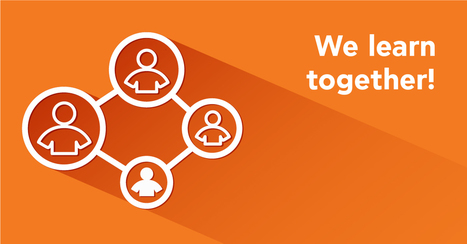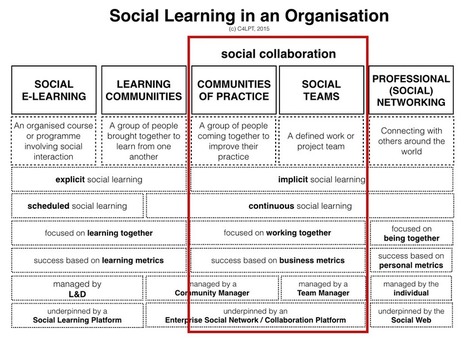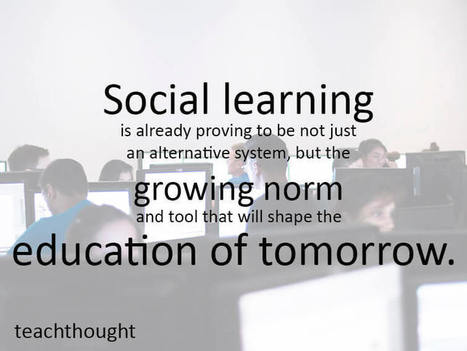How can an age-old learning strategy, like social learning, make your eLearning course pop? Read this article and find out the benefits of social learning!
What is Social Learning?
Before we delve into the benefits of this type of learning, we need to understand what research in social learning tells us.
Social learning theory: The social learning theorists Bandura and Walters have described this theory as follows:
· Learning is not purely behavioral; rather, it is a cognitive process that takes place in a social context. This points to the learners’ preference to learn in groups. The interchange of knowledge and perspective creates new knowledge that is personal to the learner.
· Learning can occur by observing a behavior and by observing the consequences of the behavior (vicarious reinforcement).
· Learning involves observation, extraction of information from those observations, and making decisions about the performance of the behavior (observational learning ormodeling). Thus, learning can occur without an observable change in behavior.
· Reinforcement plays a role in learning, but is not entirely responsible for learning.
· The learner is not a passive recipient of information. Cognition, environment, and behavior all mutually influence each other (reciprocal determinism).
Learn more / En savoir plus / Mehr erfahren:
http://www.scoop.it/t/21st-century-learning-and-teaching/?tag=Social+Learning
Via EDTECH@UTRGV, Gust MEES



 Your new post is loading...
Your new post is loading...















